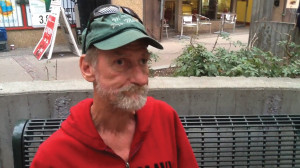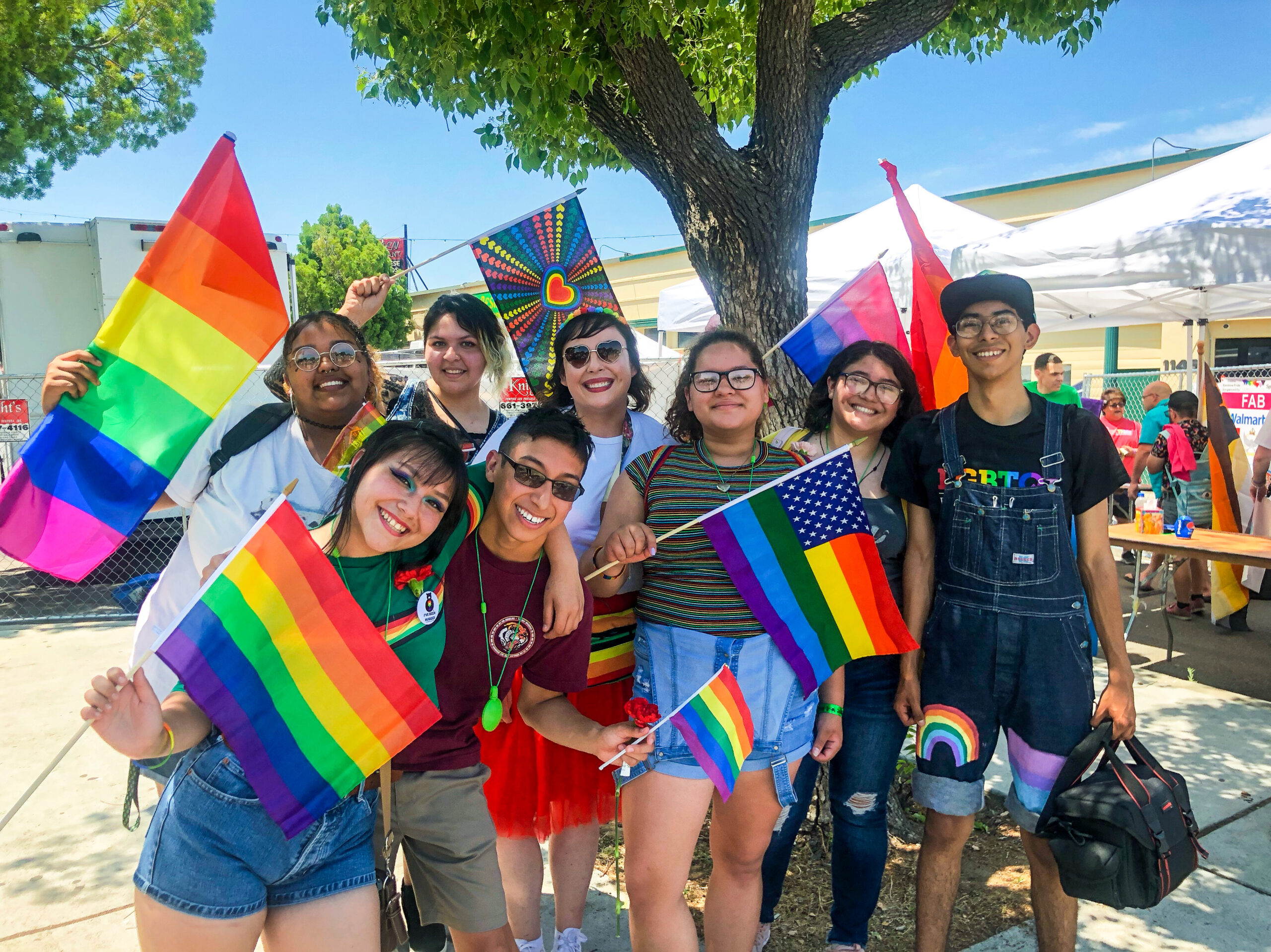Most of the homeless I’ve met did not choose to be homeless. I’ve met some who were very successful but lost everything due to injuries, divorces, lay-offs, and even depression. My family and I know a woman named Melony who struggles to find work and retain her home. Melony’s story is similar to many who cannot find work for various reasons. Her life began to unravel after being laid off from her job at an elderly care facility. Although her two successful sons have asked her countless times to stay with them and help her, she simply replies that it is her problem and hers to fix. Melony maintains the home she had before losing her job but due to her age, has found that panhandling is her only option for work. Personally knowing Melony before her lay off and later struggles we hope that she can find work soon. While she is out panhandling we also hope that people are tender to her, her unspoken story and her attempt to regain stability.

Since learning of Melony’s hard time, my family and I serve the community twice a year by handing out homemade meals, and articles of clothing to the homeless. After doing this for a couple years we started to build relationships and trust among the homeless communities. Once trust was built we would stay and have lunch, talk with them about life, ask what their housing was like and if they needed anything. If they asked for money we would kindly ask if they would like any items like clothes, food, dog food, gift cards to use in the future, or other things. Some would ask for the littlest of things like: a deck of cards or baby wipes. Others would ask for bigger, needier items such as hygiene products, first aid kits, heavy duty blankets and jackets; things that would help them get through daily life.


